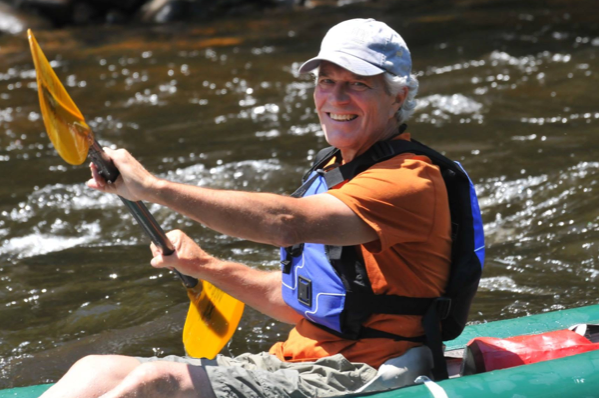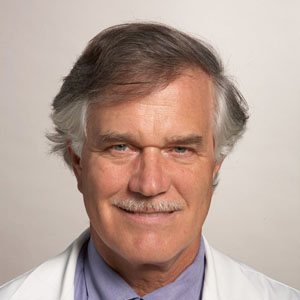Richard Earle MacKay, March 26, 2020
Richard Earle (Dick) MacKay, who spent much of his medical career treating and studying infectious diseases internationally, died on March 26 from a COVID-19 infection. His underlying condition was a previously unknown reaction to a cancer immunotherapy drug, causing extreme side effects which were just beginning to be reversed when the new pandemic reached him.
After medical school at the University of Virginia, Dick lived a life of service to others. In ten years with the National Indian Health Service, he dealt with hantavirus on the Navajo reservation in New Mexico and with measles outbreaks in remote areas near the Arctic Circle. He then transferred to the Peace Corps in Africa where he served as Chief Medical Officer, working in numerous different countries including as a volunteer in a refugee camp in the Sudan, and was the first medical person to reach the US Embassy in Kenya after the 1998 Al-Qaeda bombing.
 The plight of Africans afflicted with HIV and AIDS brought him back to the U.S. to study the disease in a training program at New York’s Mt. Sinai Hospital, where he was quickly given a staff position, built up and became director of its In-Patient HIV/AIDS Service, and was an enormously popular medical school professor, retiring in 2017.
The plight of Africans afflicted with HIV and AIDS brought him back to the U.S. to study the disease in a training program at New York’s Mt. Sinai Hospital, where he was quickly given a staff position, built up and became director of its In-Patient HIV/AIDS Service, and was an enormously popular medical school professor, retiring in 2017.
After he died, Dick’s wife Donna Florio, who suffered the grotesqueries of his immunotherapy treatments with him throughout, unearthed some letters home from his early days at Yale and shared them with a circle of his Silliman friends. They showed a freshman from Richmond, Virginia somewhat overawed but making close friends; a sophomore already finding chemistry “kind of easy,” seeking a helper’s job at Yale-New Haven Hospital, and volunteering at Yale’s Hope Mission “for itinerants and alcoholics”; and ordering scallops at Mory’s “because they were the cheapest thing on the menu besides chicken and not because it was Friday.” He also “sold all my economics books the other day so I could get an Oxford Annotated Bible.”
The warm, gentle, soft-spoken, idealistic undergraduate his friends remember with deep affection stayed just the same for a lifetime, as was immediately obvious three decades later when he returned from Africa and they could reconnect with him. Learning too late about the extent of his accomplishments, one classmate spoke for many in saying “it is painful to know that he was in our midst but not to know the true measure of the man.” Another, who as a Southerner shared Dick’s initial cultural shock about the non-segregated North, noted that “all the people he devoted his life to helping would have been on the other side of the old South’s dividing lines.”
Donna, Dick’s match in idealism and commitment, hopes that any memorial for him would come in the form of donations to Memorial Sloan Kettering Cancer Center to support the research lab of Dr. Bianca Santomasso, Yale ’94, which focuses on toxic side effects of new immunotherapies. Dr. Santomasso’s extraordinary expertise and equally extraordinary personal care had figured out Dick’s hitherto unknown reaction to his immunotherapy drug and was reversing its extreme side effects in him when the coronavirus overcame him. The donation web page is http://mskcc.convio.net/goto/DrRichardMacKay.


